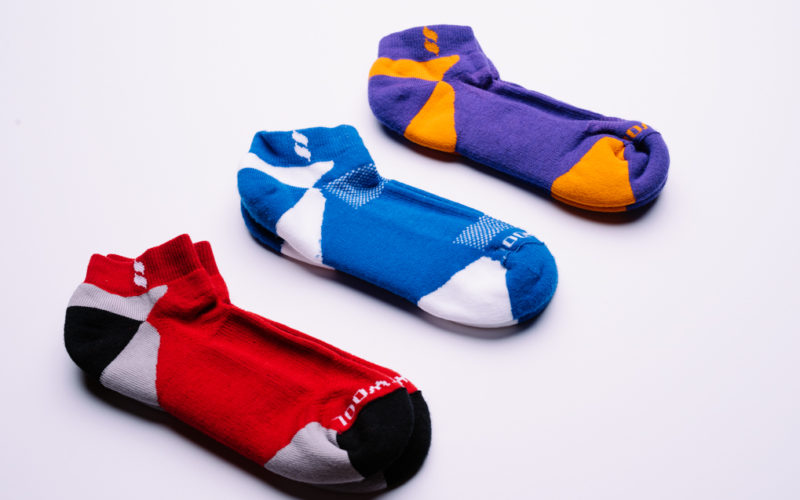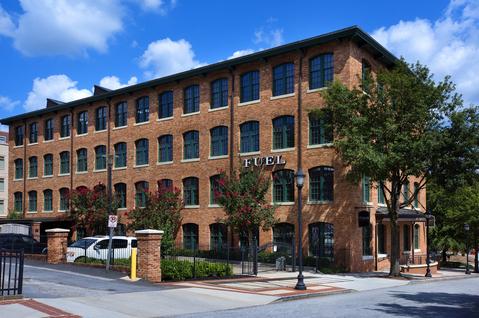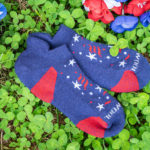Upstate Business Journal, 5/16/2018 – Kentwool was founded in 1843 as the Kent Manufacturing Co. in Philadelphia by Thomas Kent, a businessman who emigrated from England.
The company made uniforms for the Union Army during the Civil War, survived the Great Depression, and supplied the U.S. Armed Forces during both world wars.
Today, Kentwool is known for its line of performance wool golf socks; a range of socks for men, women, and kids; and its men’s boxer shorts and loungewear.
The company employs 81 people, including 65 who work at its 135,000-square-foot yarn production plant at 671 Runnymeade Road in Pickens County.
Listen, Kentwool is by far one of my favorite brands in all of golf, maybe even life. Since being introduced to their socks approximately three years ago, I’ve 100% converted to exclusively wearing Kentwool socks no matter the occasion. While I’ve known the general story of the brand and that they’ve experienced major success on Tour amongst players and caddies alike, I had no idea that Kentwool was anywhere near 175 years old until I saw this Upstate Business Journal article that Kentwool shared this morning. Check out this timeline from the article.
1843
Thomas Kent, a businessman who emigrated from England, founds Kent Manufacturing Co. in Philadelphia.
1954
The company’s fourth-generation owner, the late Tom Kent, opens a production facility in Pickens County.
1965
Kent Manufacturing Co. shuts down operations in Philadelphia.
1970
Company headquarters moves to South Carolina.
1992
Tom Kent dies, and his son, the late Greenville business leader and philanthropist Mark Kent, takes ownership at age 29.
2007
Kent Manufacturing Co. undergoes a rebrand, changing its name to Kentwool.
2010
Kentwool introduces consumer products. They debut their wool golf sock at the 2010 PGA Merchandise Show in Orlando.
2017
Mark Kent dies of cardiac arrest. At the time, his wife, Kim Kent, is serving on the company’s advisory board and manages its in-house counsel. She assumes her husband’s role shortly after his death.
2018
Kentwool celebrates its 175th anniversary.
That’s insane. Speaking from my experience, I’m not surprised Kent Manufacturing/Kentwool have had so much success and will continue to do so. I’m confident there are still many years of success from this great company ahead, and my feet are thankful for it. Hopefully we will have a review for you in the near future as well.
PS. One of my favorite points in the article is about how much Kentwool believes in contributing to the community and creating a family atmosphere within their business, even as it grows.
Kentwool also strongly encourages its employees to get involved in their communities, she said.
“Mark truly built a team here in Greenville and in Pickens of people who not only care about what they’re doing professionally, but they care about each other,” Kim Kent said. “The environment here is unlike anything I’ve ever seen. We’re like a family.”
She said the company is also very environmentally conscious.
“Mark used to joke that we are so green even PETA likes us,” she said. “Sheep need to be sheared. We buy [their wool], process it, and sell it. Our process is very clean. There’s not a lot of waste or water discharge.”
PPS. Kentwool really is a fascinating company. They also have a wing of the business called “Kentwool Development” which deals in commercial property based on Mark Kent’s passion for preserving history and helping Greenville, SC grow.
For example, in the late 1990s [Mark Kent] purchased the historic American Cigar Factory on East Court Street in downtown Greenville.
He also bought the old Chamber of Commerce building, also known as the Liberty building, off South Main Street.
Mark Kent invested millions in breathing new life into structures that helped pave the way for two decades of growth in Greenville’s urban center.
That legacy lives on through Kentwool Development, the commercial property arm of the textile company.
“He had a real passion for historic preservation,” Kim Kent said. “He would have done another one [had he survived].”

















